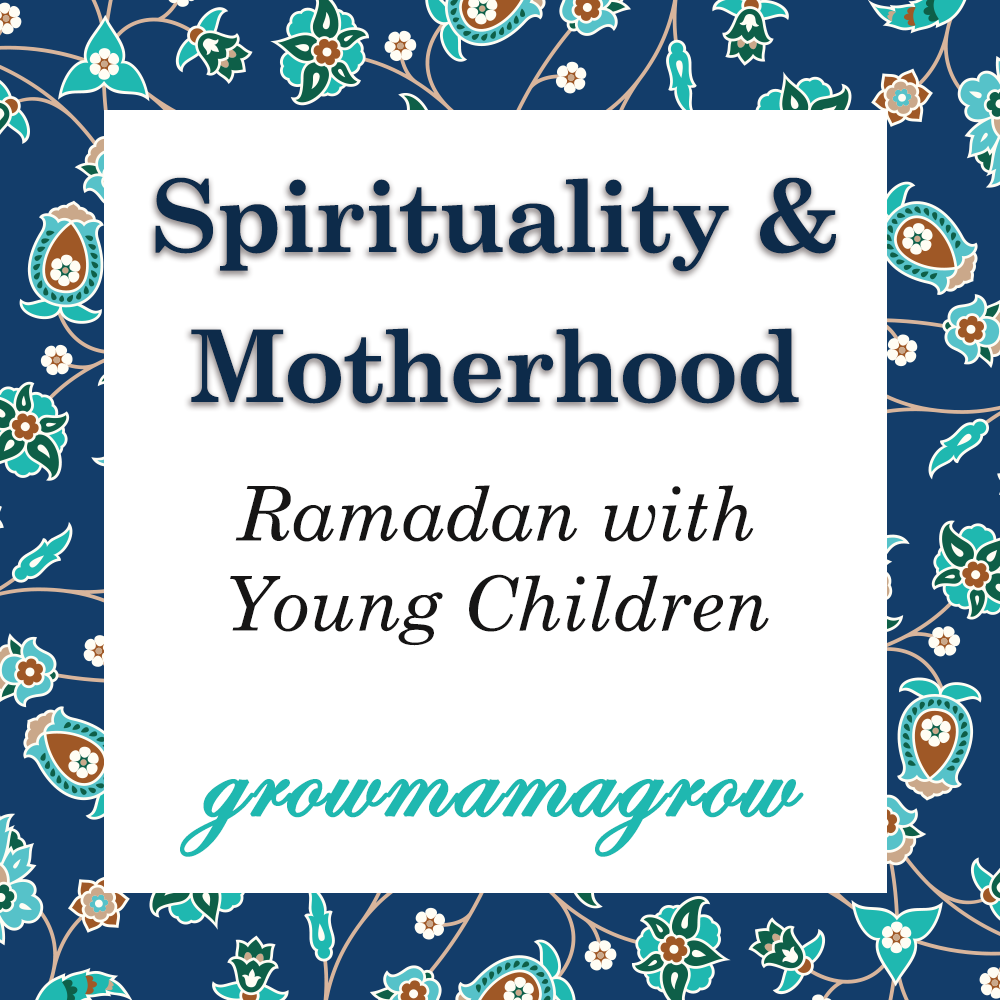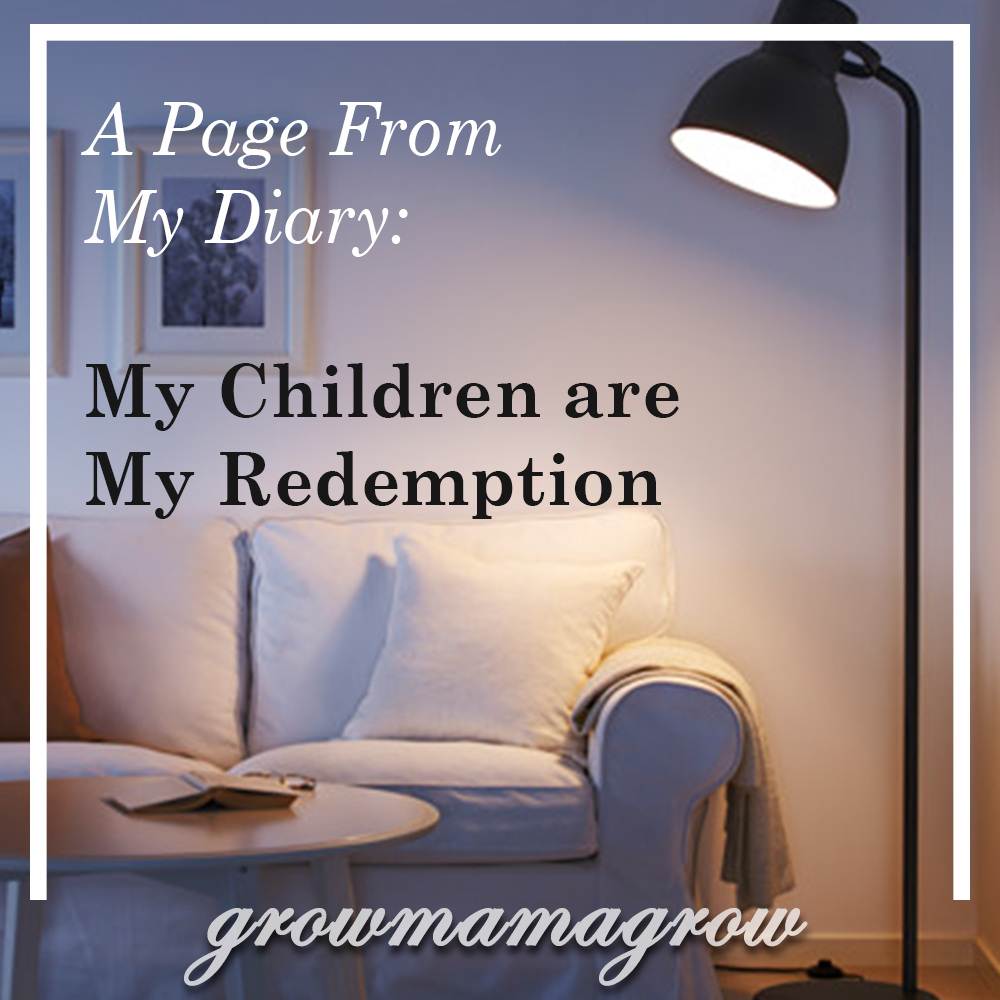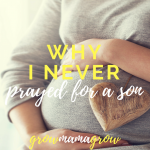I was twenty years old when my mother passed away. I had a great relationship with her, though her great career prevented us from spending as much time together as I’m sure we both would have liked.
My mother had cancer for three years before she died, so it was not sudden or unexpected. It was painful, nonetheless, but I did not start grieving until about a month after she passed, when all the funeral-related tasks were done and I went back to college. After my first day of class, I went back to my dorm room and picked up the phone to call my mother. Suddenly I remembered that she was not home, and I cried deeply for the first time since she died.
What I did not expect was that though my crying and “grieving” got less frequent with the passing of time, I missed her more with every passing year. I was four when we attended my mother’s graduation for her PhD; she was not there when I graduated from the same university. When I became Muslim and had a rough time with family, she was not there to comfort me. When I got married, she was not there to “give me away.” When I was pregnant, I could not compare my pregnancy to hers, or ask for advice. And when I delivered Khadijah, she was the only one missing from the hospital room family picture. And with every milestone, her absence hurt more and more.
I realized at some point, that I missed her so much more because I was becoming a woman. In slowly learning what it meant to be a woman, I understood her more, and more than ever wanted her by my side. I also realized that I never got a real opportunity to get to know her as an individual. I knew her as a mother, a wife, a daughter, a Dean – but not just as Arpita Agrawal Mishra. She had been an artist and a poet in her youth, but did not continue these pursuits after marriage. I now find myself reading her book of poetry (very slowly as my Hindi reading fluency is elementary), trying hard to understand her words. If only I had read it with her, as she told me exactly what was going on in her 20-year-old mind when she wrote it.
While I can not change the past, I certainly intend to create a different future. I hope that in my struggle to fulfill all of my (seemingly) million roles – mother, wife, student, Islamic worker, daughter, friend – I do not forget that in the final analysis I am really Bhawana Mishra Kamil, an individual, a woman, with interests and talents, shortcomings and weaknesses, joys and pains. And I hope that my children come to know me as that person, not just their mother. After all, in the end, I will stand in front of Allah (swt) – not in virtue of my relationship to anyone else – but as an individual, utterly alone.
by Bhawana Kamil
Bhawana Kamil lives in Santa Clara, CA with her husband and daughter. She is pursuing a Masters degree in Philosophy and is the head of her local MAS Outreach Department – but only on the side. Her real job is watching (and hopefully helping) her little girl grow up!











